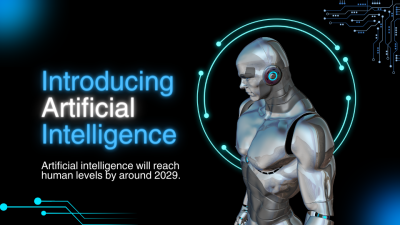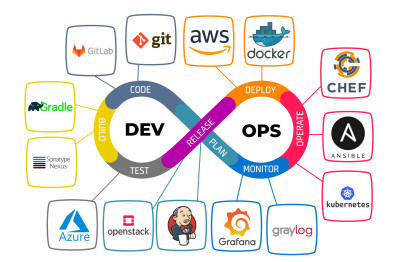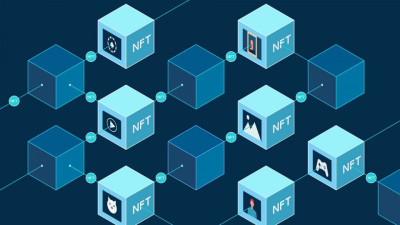Introduction to AI
Artificial Intelligence (AI) and Machine Learning (ML) are transformative technologies that enable computers to mimic human intelligence and learn from data. AI encompasses a wide range of techniques for creating intelligent machines capable of performing tasks that typically require human intelligence, such as understanding natural language, recognizing speech, and making decisions. Machine Learning, a subset of AI, focuses on the development of algorithms that allow computers to learn from and make decisions or predictions based on data. Deep Learning, another subset, utilizes neural networks to simulate the human brain's ability to learn from large amounts of data.
English
Last updated
Sat, 17-Aug-2024














